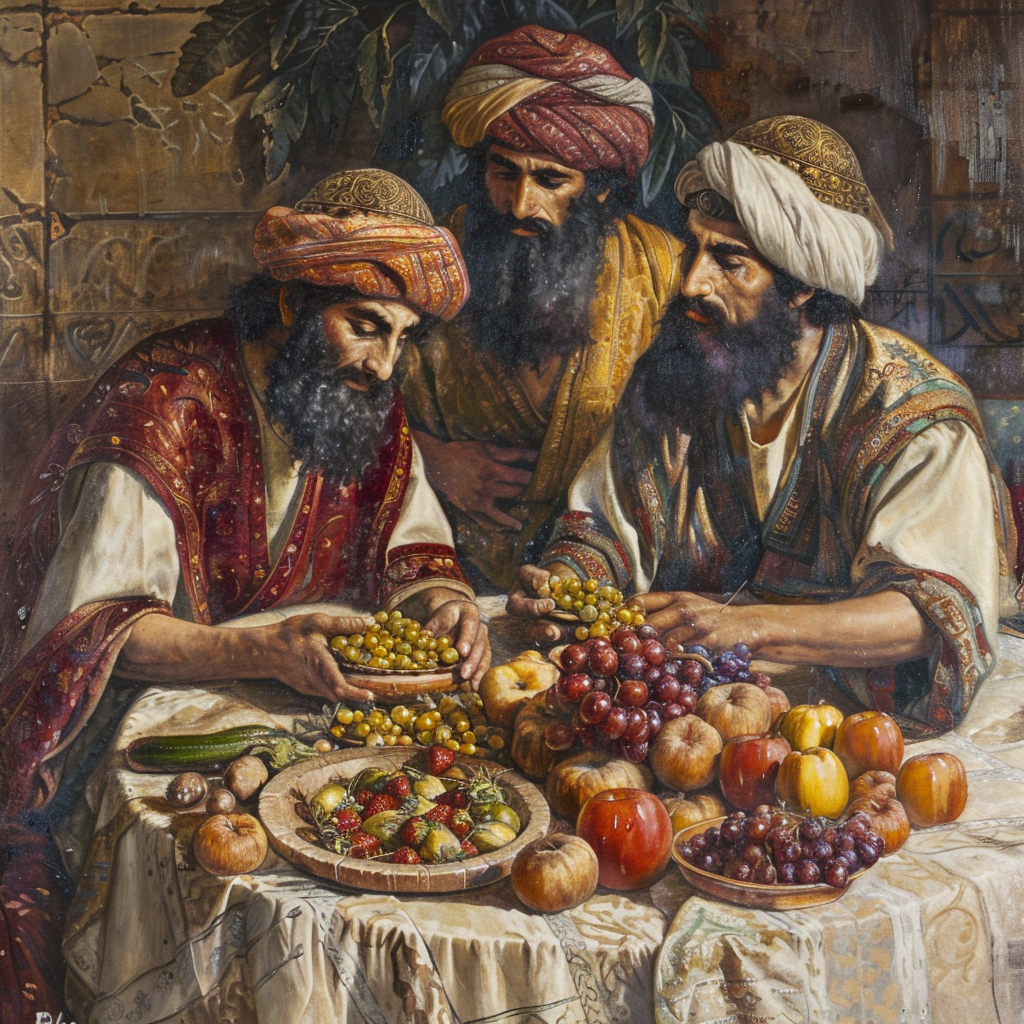Opening Verse
“But Daniel purposed in his heart that he would not defile himself with the portion of the king’s meat, nor with the wine which he drank: therefore he requested of the prince of the eunuchs that he might not defile himself.” – Daniel 1:8 (KJV)
Introduction
In a world that constantly pressures us to conform, the story of Daniel stands as a beacon of integrity and faithfulness. Daniel, a young man taken captive to Babylon, faced immense pressure to assimilate into the culture and practices of his captors.
Devotional Story
Upon arrival in Babylon, Daniel and his friends were selected for a royal training program, intended to erase their Hebrew identity and prepare them for service to the king. They were offered the king’s food and wine, a privilege in the eyes of many, but a compromise of their beliefs and customs. Daniel, however, resolved not to defile himself with these offerings, choosing instead to adhere to the dietary laws of his faith. His request to consume only vegetables and water was granted, and over time, Daniel and his friends appeared healthier and wiser than their peers, earning the favor of the king.
What This Means
Daniel’s story is not just about dietary preference; it’s a powerful example of steadfast commitment to one’s beliefs, even in the face of adversity. His integrity and faithfulness to God brought about divine favor and wisdom, setting him apart in a foreign land.
Think About This
Consider the areas in your life where you might be feeling pressured to compromise your values or beliefs. What can you learn from Daniel’s example of integrity and faithfulness?
Prayer
Heavenly Father, grant us the courage of Daniel to stand firm in our beliefs, even when faced with challenges and temptations. Help us to live lives of integrity that reflect your truth and love. In Jesus’ name, Amen.
Closing Verse
“Then this Daniel was preferred above the presidents and princes, because an excellent spirit was in him; and the king thought to set him over the whole realm.” – Daniel 6:3 (KJV)




